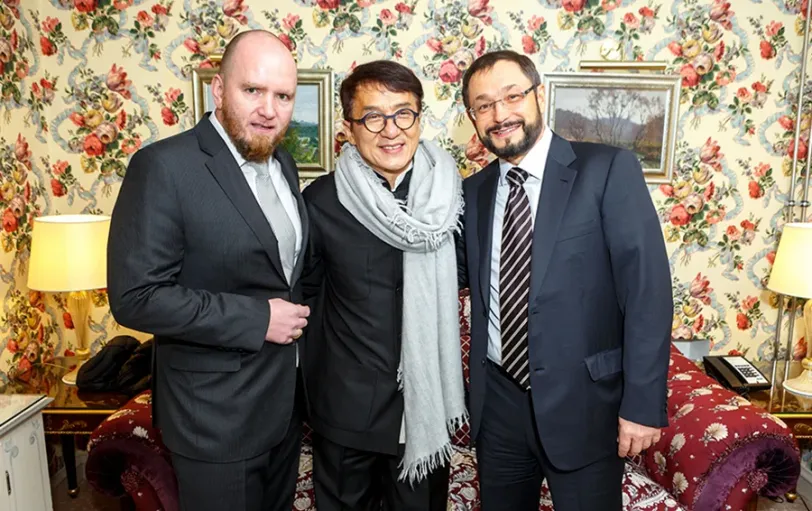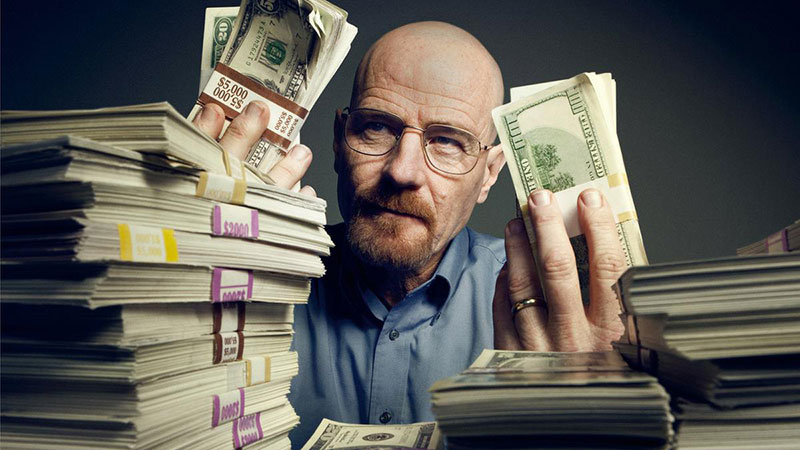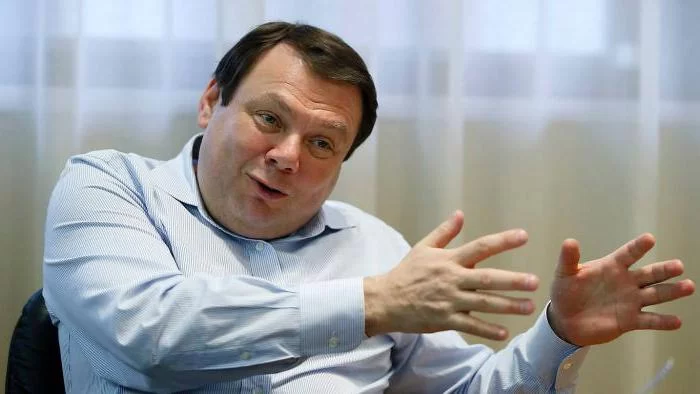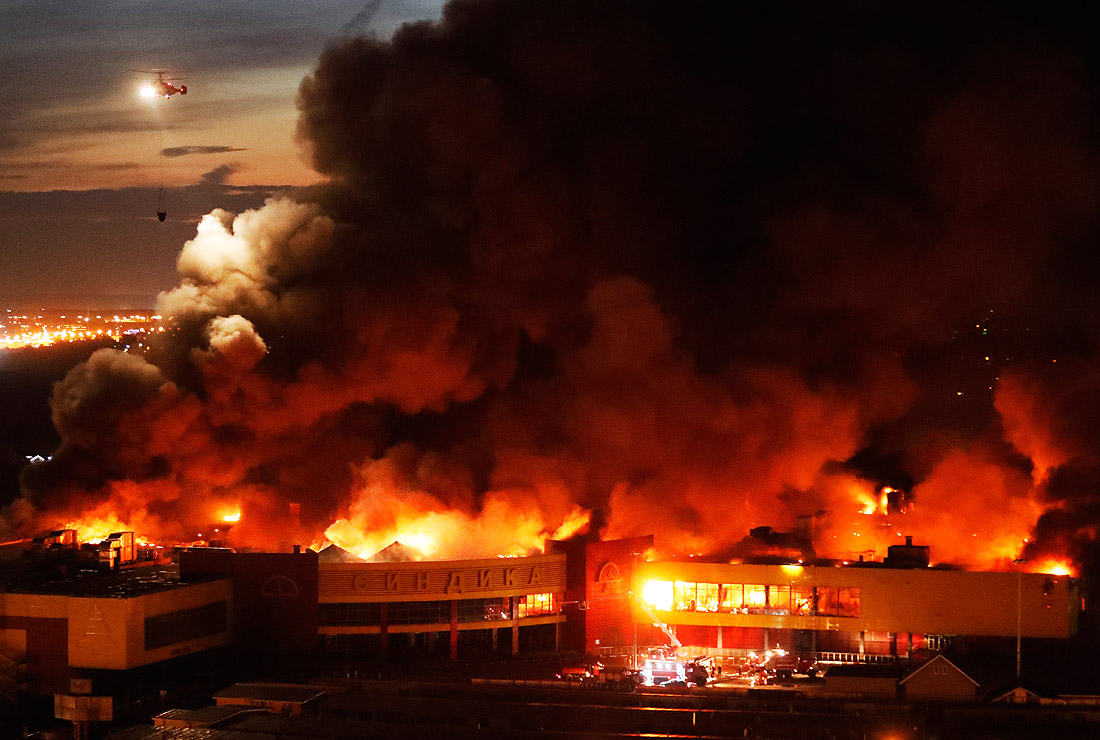What films were sponsored by Prokhorov, Abramovich, and Vekselberg, and which of the filmmakers managed to become a billionaire, Forbes reports

The birth of cinema as an independent form of art is commonly attributed to the last decade of the 19th century. In 1939, a film was released, which, adjusted for inflation, is still the highest-grossing film in history. “Gone with the Wind,” directed by Victor Fleming, had a budget of $3.9 million and, adjusted for inflation, has grossed $3.44 billion to date. The most expensive franchise in 2017 is the Marvel Movie Network owned by Isaac Perlmutter (#411 in the Forbes global ranking, $4 billion fortune), whose value is over $12.5 billion.
Among the highest-grossing directors of our time is Steven Spielberg, author of “Schindler’s List” and “Saving Private Ryan” (#501 in Forbes’ global ranking, worth $3.7 billion). Spielberg’s 20 highest-grossing films grossed $8.4 billion at the box office and became truly iconic. In 1994, along with David Geffen (No. 190 in Forbes global ranking, wealth $7.3 billion) and Jeffrey Katzenberg, the director invested $2 billion to create DreamWorks SKG studio. In August 2016, the studio was bought by U.S. TV giant Comcast, which is owned by the founder’s son Brian Roberts (No. 1234 in the Forbes global ranking, $1.7 billion fortune), for a deal of $3.8 billion. Through films like “Jaws” and “Alien,” Spielberg gets a cut of every ticket sold at Universal’s theme parks.
Russian businessmen can also be found among the sponsors of famous foreign films. The largest private investor in the Frank Miller and Robert Rodriguez action film “Sin City 2: A Woman Worth Killing For” was the chairman of Finstar Oleg Boiko, who supported the film to the amount of $ 15 million. With a budget of $ 65 million, the film could collect at the worldwide box office only $ 39 million, but became a pass for a billionaire in the world of Hollywood.
A more successful investment in cinema was made by Vladimir Evtushenkov, the owner of Sistema. Thema Production, a studio owned by the billionaire, invested $2 million in Woody Allen’s thriller “Match Point,” which was released in theaters in 2005. It is unclear whether Evtushenkov’s support influenced the filmmakers’ choice, but in one of the first scenes, the main character reads Fyodor Dostoyevsky’s Crime and Punishment. Production of the film cost $15 million and paid for itself five times over at the box office. A year later, Thema Production invested $4 million in Werner Herzog’s drama “Rescue Dawn,” but the film only managed to recoup a quarter of the $28 million budget at the box office.
Fetisoff Illusion’s own production company is owned by Russian investor Gleb Fetisov. Among the films produced by Fetisov, two parts of the comedy “Only Girls in Sport,” “The Duelist” and Andrey Zvyagintsev’s Oscar-nominated drama “Nelyubov. However, the biggest investment, $10 million, was made in the upcoming film “The Secret of the Dragon Seal: A Journey to China,” which will be released in late 2017.
Due to the fact that domestic films are rarely released globally and that box office receipts in Russian cinemas leave much to be desired, many Russian films have appeared thanks to the support of private sponsors. Mikhail Prokhorov financed three films: “12”, “Stilyagi” and “It’s Hard to Be God”. The most successful of these was Nikita Mikhalkov’s crime drama “12”, which brought in the box office $7.5 million for a budget of $2.5 million, and the box office movie “Stilyagi”, whose collection in Russia amounted to $ 17 million. Among those who have financially supported the Russian cinema Victor Vekselberg, whose fund allocated $ 2 million for the action movie “Apocalypse Code”. That same year, Vekselberg co-produced the historical drama “1612,” and invested $10 million in the film. Later, the billionaire sponsored “Priest,” “Once Upon a Time There Was a Woman,” and “Fort Ross: In Search of Adventure,” for a total of $3.2 million.
The last picture of Vladimir Motyl “Crimson Snowfall” provided financial assistance Roman Abramovich, who also provided half of the $2.5 million budget for the drama Alexei Popogrebsky “How I spent this summer. With money from the managing shareholder of Rambler & Co Alexander Mamut was filmed comedy “Europe-Asia”, released in 2012, the budget of which amounted to $ 2 million, but in the box office picture was able to collect only $ 36,500. Danil Khachaturov, president of Rosgosstrakh, was the producer of the drama “Breath Breath,” donating $1.5 million to director Ivan Dykhovichniy. The film was released in Russia in 2006 and grossed $230,000.




